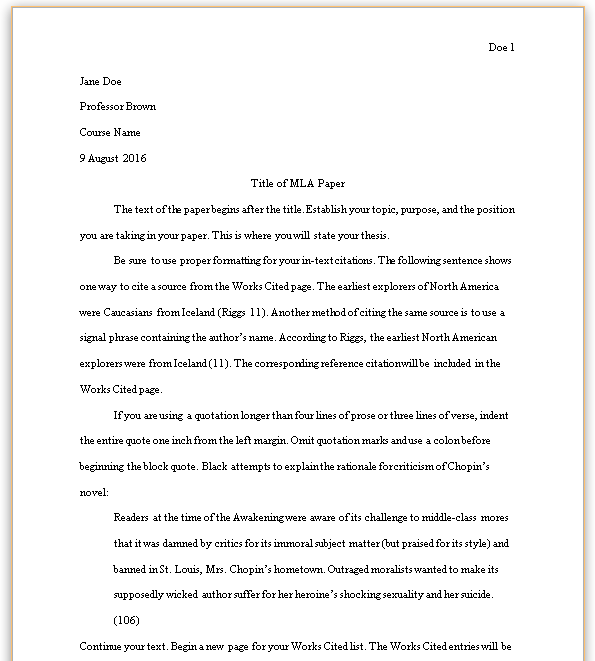When writing about radiation in the context of medicine, healthcare, or nursing, there are numerous subtopics that can be explored. These topics would be valuable for students, professionals, or those seeking general information about the intersection of radiation and healthcare. Here are some key topics to consider:
Radiation in Medical Imaging
- The Role of X-rays in Diagnosing Medical Conditions
- Explore how X-rays are used to diagnose fractures, infections, and diseases like pneumonia or cancer.
- CT Scans: Benefits and Risks in Modern Healthcare
- Discuss the use of computed tomography (CT) scans, their diagnostic benefits, and how the risks of radiation exposure are minimized.
- MRI vs. CT Scan: Understanding the Differences in Medical Imaging
- Compare Magnetic Resonance Imaging (MRI) with CT scans, particularly how each uses different types of energy (magnetic fields vs. radiation) to provide images.
- Ultrasound vs. Radiation-Based Imaging: Which is Safer?
- Analyze the safety profiles and applications of ultrasound compared to radiation-based imaging techniques like X-rays or CT scans.
- Advances in Medical Imaging Technology
- Highlight cutting-edge developments in radiation-based imaging, such as digital X-rays or 3D mammography.
Radiation Therapy and Cancer Treatment
- An Overview of Radiation Therapy in Cancer Treatment
- Provide an overview of how radiation therapy is used to treat various types of cancer, its effectiveness, and potential side effects.
- External vs. Internal Radiation Therapy: What’s the Difference?
- The Role of Nurses in Radiation Therapy
- Discuss the critical role that nurses play in the care of patients undergoing radiation therapy, including patient education, side-effect management, and emotional support.
- Side Effects of Radiation Therapy: What Patients Need to Know
- Explore the common side effects of radiation therapy, such as fatigue, skin irritation, and nausea, and how healthcare professionals manage these symptoms.
- Radiation Therapy for Pediatric Cancer Patients
- Focus on the special considerations and approaches used when treating children with radiation therapy, including long-term monitoring and care.
Radiation Safety in Healthcare
- Radiation Safety Protocols in Healthcare Settings
- Discuss the safety protocols in hospitals and clinics to minimize radiation exposure to patients, medical staff, and the general public.
- The Importance of Radiation Protection for Healthcare Workers
- Explore how healthcare workers, especially radiologists and radiologic technologists, protect themselves from radiation exposure, including the use of lead aprons, shielding, and safety training.
- Radiation Safety Training for Nurses and Healthcare Professionals
- Cover the importance of radiation safety training for nurses and other healthcare professionals who work with radiation or in radiation therapy settings.
- Radiation Dosimetry: Measuring and Monitoring Radiation Exposure in Healthcare
- Discuss the use of dosimeters in healthcare to monitor and track radiation exposure in medical staff and patients.
- Reducing Unnecessary Radiation Exposure in Pediatric Healthcare
- Examine the need for special protocols to reduce radiation exposure to children during medical imaging or treatments.
Nursing and Radiation Oncology
- The Role of Oncology Nurses in Radiation Treatment
- Detail how oncology nurses care for patients undergoing radiation therapy, including managing side effects and providing emotional support.
- Caring for Patients with Radiation Burns and Skin Reactions
- Discuss the skin reactions that patients may experience during radiation therapy and how nurses can help alleviate discomfort.
- Understanding Radiation Oncology Nursing Certifications and Training
- Provide insights into the training and certifications needed for nurses to specialize in radiation oncology nursing.
- Patient Education for Those Undergoing Radiation Therapy
- Focus on the essential role of patient education in helping patients understand their treatment options, side effects, and how to manage their care during radiation therapy.
- Psychosocial Aspects of Radiation Therapy
- Discuss the emotional and psychological effects of radiation therapy on patients, and the support strategies that nurses can employ to address anxiety, fear, and depression.
Radiation Protection and Public Health
- The Impact of Radiation Exposure on Public Health
- Explore how everyday exposure to low levels of radiation (from medical imaging, the environment, etc.) can affect public health.
- Radiation Protection Regulations in Healthcare
- Outline the various regulations governing the use of radiation in healthcare settings, ensuring patient and staff safety (e.g., FDA guidelines, NRC regulations).
- Radiation Risk Assessment for Healthcare Workers
- Discuss the importance of assessing and managing radiation risks in healthcare facilities, particularly in radiology departments and cancer centers.
- The Role of Medical Physicists in Radiation Safety
- Highlight the role of medical physicists in ensuring radiation safety during the use of imaging technologies and radiation therapy.
- Reducing the Risks of Radiation Exposure in Pregnant Women
- Examine guidelines and strategies for minimizing radiation exposure to pregnant women, especially when diagnostic imaging or radiation therapy is necessary.
Radiation in Other Medical Applications
- The Use of Radiation in Sterilizing Medical Equipment
- Explore how ionizing radiation is used to sterilize medical equipment, ensuring infection control and patient safety in healthcare environments.
- Nuclear Medicine: How Radiation Is Used to Diagnose and Treat Diseases
- Discuss how nuclear medicine uses small amounts of radioactive materials for both diagnostic imaging and treatment of certain conditions, such as thyroid disorders.
- Radiation in Dentistry: Safety and Applications
- Explore the role of radiation in dental imaging, including the use of X-rays in detecting tooth decay, bone loss, and other dental conditions.
- Radiation in Heart Disease Diagnosis: Cardiac Imaging Techniques
- Explain how radiation is used in cardiac imaging procedures, such as coronary angiography and nuclear stress tests, for diagnosing heart disease.
Conclusion
Radiation plays a critical role in modern healthcare, from diagnosis to treatment. Whether it’s through medical imaging, radiation therapy, or the use of nuclear medicine, radiation is a vital tool in the medical field. However, it comes with risks, and safety protocols must be in place to ensure that both patients and healthcare workers are protected. Understanding the applications of radiation and how it fits into healthcare systems is essential for students and professionals in the field. Each of the above topics can be explored in-depth to help educate and inform readers on the diverse ways radiation is utilized in healthcare.


